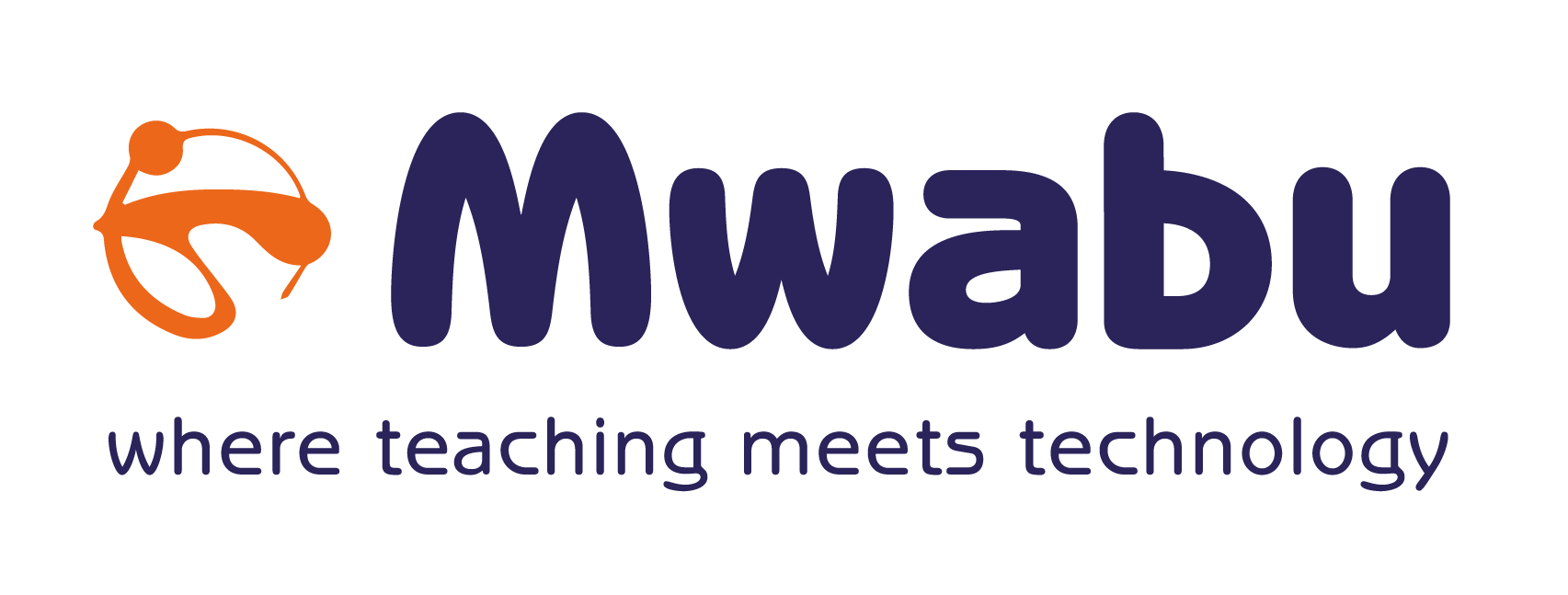Impact
Our estimated current reach is around 330,000 learners and nearly 10,000 teachers – the majority in rural Government schools.
Previous success has been based on the strength of working relationships with our partners, and with all stakeholders - including Ministries of Education, district education officials, head teachers, teachers, communities and parents.
Mwabu measures impact by improvement in teacher skills as well as learning outcomes. We are committed to the highest standards of evaluating our results.
positive effects on learning
AIR Report
In Feb 2020 American Institutes for Research (AIR) published their Midline Report on the use of Mwabu as the core part of the eSchool 360 program implemented by our partners Impact Network (IN). The report states:
- Midline results show that the opportunity to attend an IN school positively affected children’s learning outcomes across the board.
- Mixed-methods evidence shows positive effects on learning were primarily driven by improvements in the quality of education, increases in school attendance for both teachers and children, and strong fidelity of program implementation.
Improved literacy & numeracy
The report demonstrates that the programme resulted in improvements of 0.83 standard deviations or 7.2 percentage points in early grade reading assessment scores, 0.45 standard deviations or 10.1 percentage points in early grade mathematics assessment scores, and 0.52 standard deviations or 12.4 percentage points in oral vocabulary scores for primary aged students who had attended at least three times the week prior to testing. Compared to the learning gains of the control group, the effect sizes are equivalent to 5.5 additional months of education for reading and 2.4 additional months of education for mathematics.

Mwabu: The evidence
Three multi-year comparative studies in collaboration with UNICEF, Impact Network and the Peter Cundill Foundation have found that interventions delivering Mwabu content and training in very poor, remote areas all showed that:
- Mwabu-trained teachers deliver active, engaging, child-centred lessons
- Mwabu pupils achieve better learning outcomes than their peers
- Mwabu is cost-effective and affordable for use in ordinary primary schools across Africa
- Mwabu supports untrained teachers working with large classes in difficult conditions
- Mwabu is popular with educators and pupils, and builds support for education in the community
- Girls and boys learn equally well with Mwabu

Equal opportunity for girls
Boys and girls taught with Mwabu achieve better learning outcomes than their peers. In Lukulu, in the remote Western Province of Zambia, UNICEF research showed a significantly greater improvement in literacy in Mwabu schools over the period of just one year, between grades 1 and 2, as compared to the control group schools.
Mwabu has conducted observations in different contexts to detect discrimination in use of tablets in the class – whether the girls get an equal turn to hold them and to use them, or whether they are more likely to watch as boys take the lead – and has concluded that they were getting fair access. Moreover, with the tablets being interactive, girls are getting their chance to give their answer and get accurate feedback.






